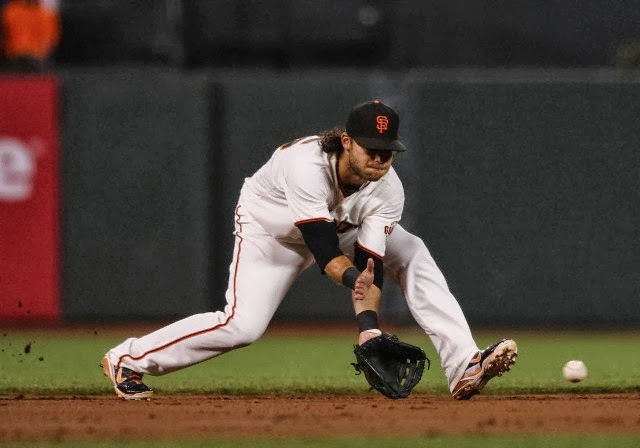Hall of Famer at 5'7" -- no, not too small at all
Size, Shmize
With this year's Red Sox-Cardinals World Series having two local products, Daniel Nava and Daniel Descalso, I saw an interesting article on the former, relating to how he was actually at one point considered "too small" for the game of baseball.
As a freshman in high school, he was 4 foot 8 and weighed less than 80 pounds, and " he was considered too small and scrawny to excel in athletics at a school like St. Francis, which regularly sends players to Division 1 programs such as Stanford’s." As a senior, at 5 foot 7 and 160 pounds, he was their starting infielder. His MLB stat sheet now shows him at 5 foot 11, 200 pounds.
So does size matter, especially in these younger divisions of baseball (8, 9, 10 years old, etc)? To some teams and coaches, I think so. They want the biggest, strongest, fastest 8 year olds money can buy. Well, ok, maybe not money, but visions of varsity high school and D-1 scholarship grandeur that hopeful parents suck up like a dry sponge in an ocean.
Reminds me of the famous quote attributed to the founder of the Revlon makeup corporation: "In the factory we make cosmetics. In the store we sell hope."
The "Prepubescent Delusion Rule"
A great article I found about this notion of size being everything, call this the "Prepubescent Delusion Rule." Here are some of my favorite quotes from this article:
- We have no idea what genetic cards have been dealt to these kids
- Any parent or coach who thinks they know what a kid is capable of before he or she goes through puberty is completely delusional
- While there are some attributes a child may show at a young age which might lend themselves to a particular sport.. all bets are off until the kid goes through puberty.
The bottom line: Coaches who understand and adopt this philosophy will be more comfortable with providing a loose and fun baseball environment for their young player.
And, for your edification, here are some famous sub-6 footers:
Marco Scutaro - 5' 10"
Sergio Romo - 5' 10"
Willie Mays - 5' 11"
Yogi Berra - 5' 7"
Rickey Henderson - 5' 10"
Phil Rizzuto - 5' 6"
Kirby Puckett - 5' 8"
Jackie Robinson - 5' 11"




